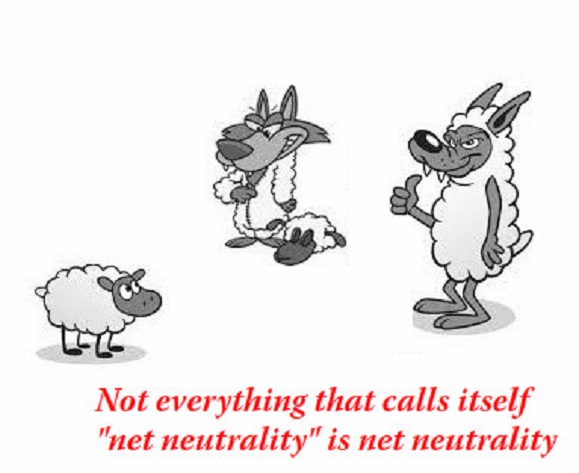Today, 28 member states of the European Union presented a joint proposal on the Telecoms Single Market — legislation that will determine whether Net Neutrality will become a reality throughout Europe. The proposal officially triggered the start of joint negotiations between the EU Commission, the EU Parliament, and the Council of the EU to produce a final text.
Since its introduction in September 2013, the proposed Regulation on the Telecoms Single Market (TSM), has been at the centre of discussions on Net Neutrality in Europe. In April 2014, a promising vote at the European Parliament led to the drafting of pro-Net Neutrality rules, and civil society groups encouraged the Council of the EU to adhere to Parliament’s position. Unfortunately, in 2015, the road to Net Neutrality in the EU still seems quite long and winding.
Access is strongly disappointed by the latest version of the proposal by the Council of the EU on the Telecoms Single Market. The EU member states, which form the Council, did not take into account Parliament’s stance in favor of Net Neutrality, and ultimately, the states decided to drastically undermine the essence of the text and the core principle of network non-discrimination.
The Council of the EU has disappointingly changed its position over the past few weeks. While the Council was on the right track towards Net Neutrality in January, making slow but measured progress, several EU member states pushed forward a proposal that radically shifted the direction of the negotiations. As a result, Net Neutrality has now been gutted everywhere in the text that was introduced by the Council today. Not only does the proposal enable the creation of slow and fast lanes by allowing paid prioritization and discriminatory practices such as “zero-rating” schemes, but the proposal also introduces loopholes that could authorise the blocking by Internet Service Providers of legal content, contradicting the EU Charter of Fundamental Rights. The Council therefore appears ready to not only ignore the EU human rights framework and the right to freedom of expression of EU citizens, but also to severely compromise competition and innovation in the EU digital economy. You can find an in-depth analysis by EDRi and Access of the proposal here.
European youth recently voiced concerns about the negotiations and urged the EU to “Keep the internet open!” This manifesto was signed by 51 political youth organizations from 24 European countries — including Spain, Sweden, Denmark and Germany — showing the widespread concern shared by young Europeans who wish to ensure strong Net Neutrality principles in the EU. The recent decision by the U.S. Federal Communications Commission to protect Net Neutrality also suggests that Europe, too, can take strides to protect the open net.
Starting today, the EU Parliament, the EU Commission, and the Council of the EU will meet to discuss and agree on a final text for the proposed legislation — a process called a “trialogue.” (Please see our FAQ on the trialogue below.)
Access calls on all parties not to undermine the future of EU users and tech companies. The Telecoms Single Market Regulation must include strong principles for Net Neutrality that outlaw all network discrimination.
Net Neutrality Trialogue – FAQ
How does the trialogue process work in the EU?
In a trialogue, the three EU institutions involved in the lawmaking process will meet to negotiate the proposals put forward by each body and agree on a final text.
Who will participate in this process?
- The European Commission, represented by Digital Single Market Commissioner Günther Oettinger;
- The European Parliament, represented by Pilar del Castillo, a Spanish member of Parliament;
- The Council of the EU, represented by Latvia, which currently holds the rotating Presidency of the Council.
What is the timeline?
There is no fixed timeline for the trialogue negotiations. However, the three institutions have demonstrated their willingness to swiftly negotiate and to agree on a common text. The negotiations could be concluded by June 2015.
What happens after the trialogue?
Once the trialogue is concluded, the joint proposal will be sent to the European Parliament for final adoption.
Image modifed from original content from clipartof.com & becaredfor.ca
